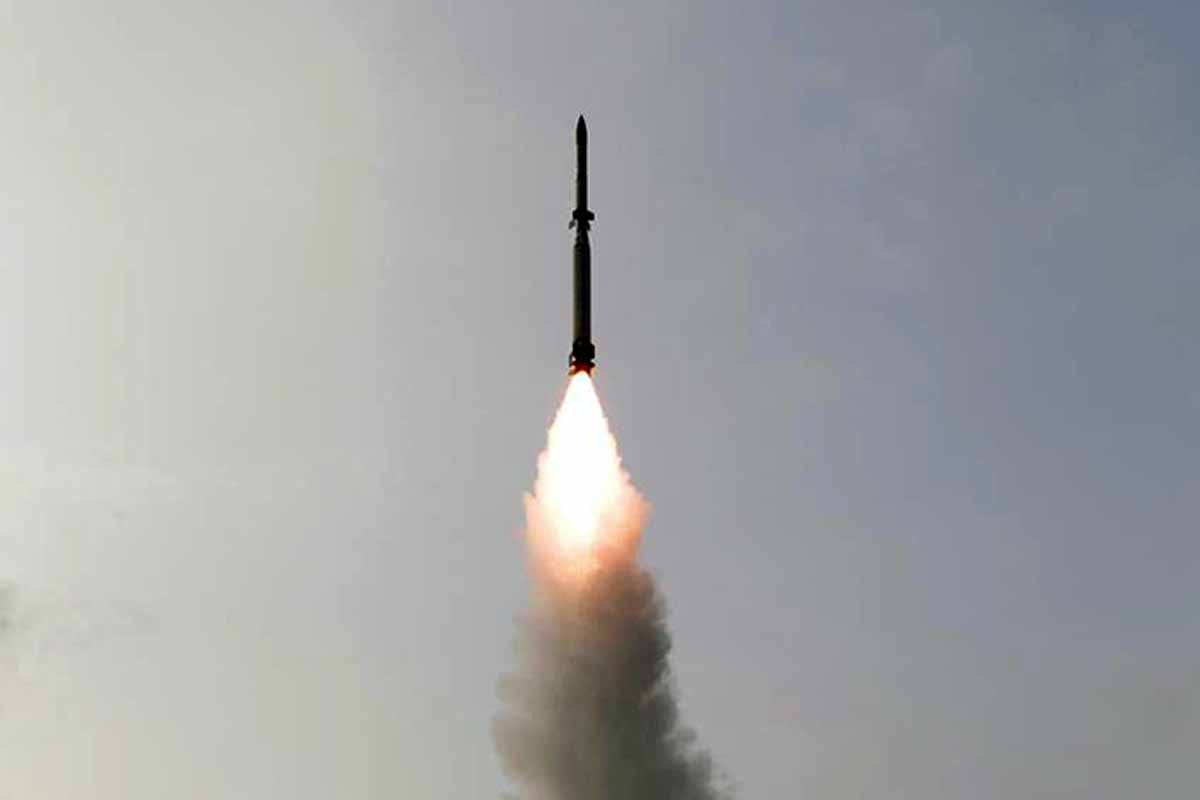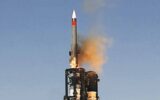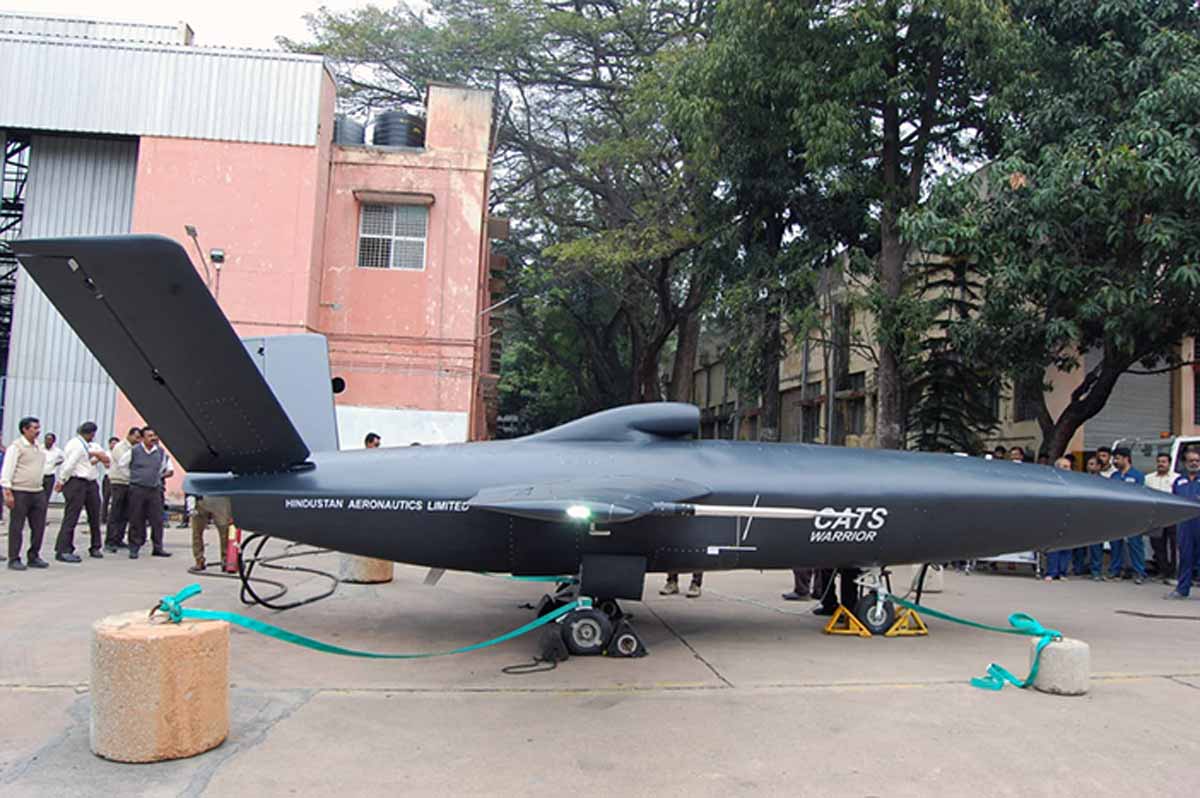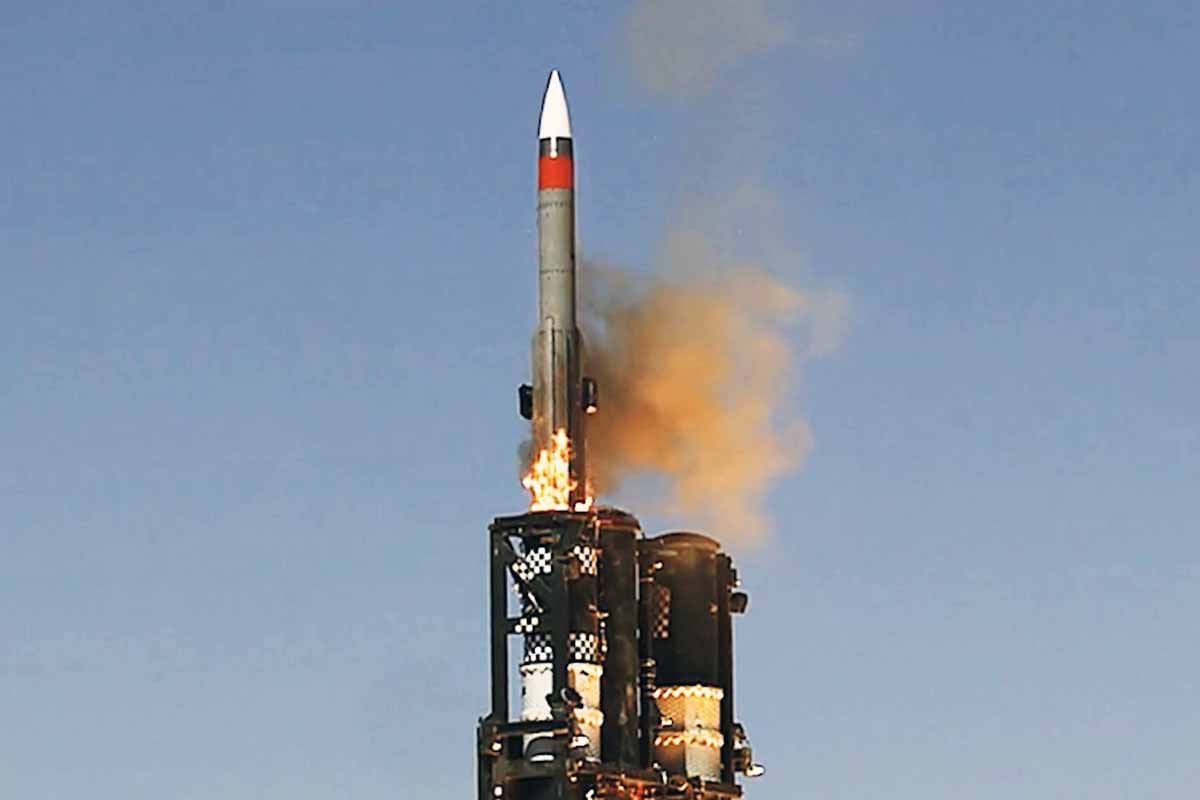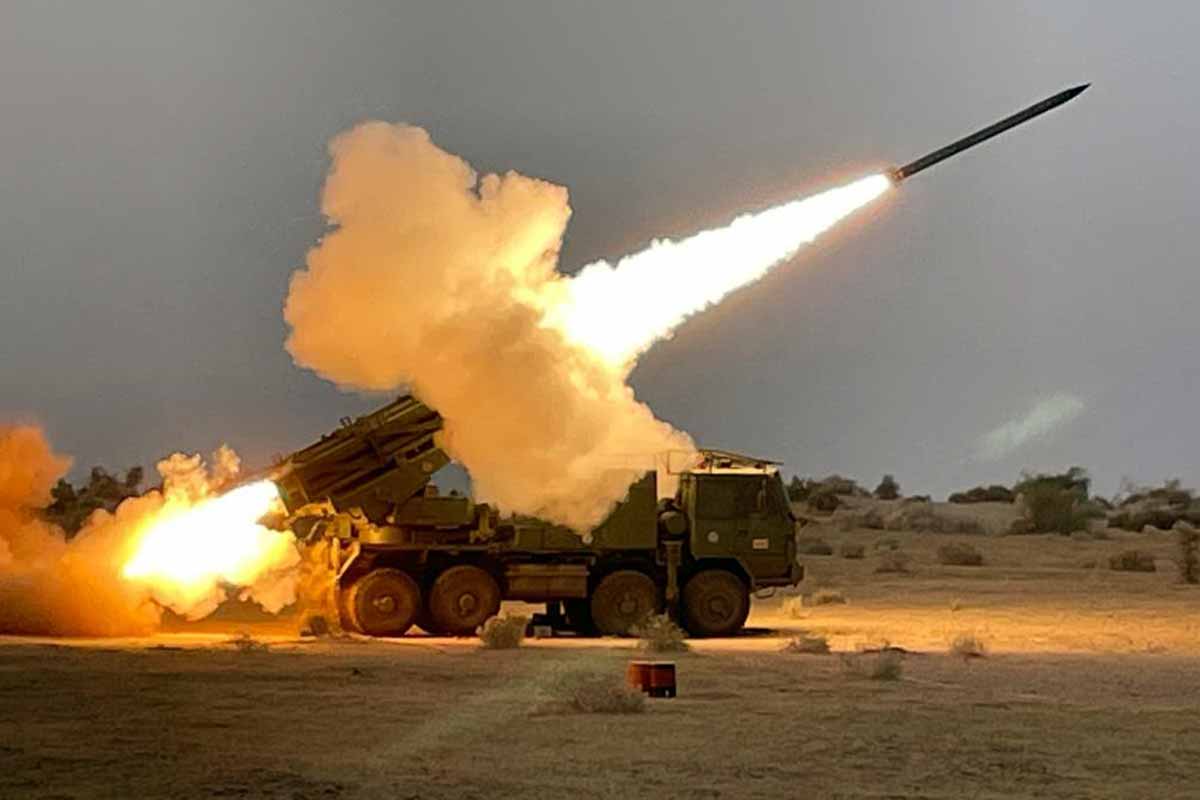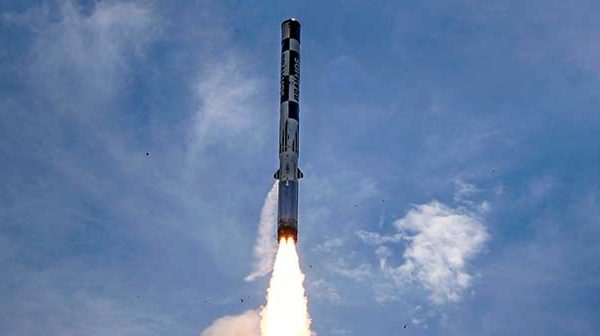DRDO tests Phase 2 of India’s Ballistic Missile Defence System: New Delhi, July 24: In a significant boost to its national security against long range ballistic missiles, India Wednesday successfully conducted the Phase II test of its indigenously developed Anti-Ballistic Missile (ABM) defence system. The trial, conducted at the Integrated Test Range (ITR) in Odisha’s Chandipur, marks a crucial milestone in India’s strategic deterrence capabilities.
The Defence Research and Development Organisation (DRDO), the primary architect of India’s missile programme, confirmed that the test met all its objectives, validating a comprehensive network-centric warfare weapon system.
The system successfully intercepted a simulated incoming ballistic missile at an altitude of around 100 kilometres, demonstrating India’s ability to defend against hostile missiles with a range of up to 5,000 kilometres.
READ: Agniveer: 10 percent reservation, age relaxation in paramilitary forces
The DRDO said that the Target Missile was launched from LC-IV Dhamra at 1620 hrs (IST) mimicking adversary Ballistic Missile, which was detected by weapon system radars deployed on land and sea and activated the AD Interceptor system.
According to the DRDO, the Phase-II AD Endo-atmospheric missile was launched from LC-III at ITR, Chandipurat 1624 hrs, nearly four minutes after the launch of missile mimicking an enemy missile, which was able to destroy the incoming adversary missile.
“The flight test fully met all the trial objectives validating complete network centric warfare weapon system consisting of Long Range Sensors, low latency communication system and MCC and Advance Interceptor missiles,” said the DRDO.
The test has demonstrated Nation’s indigenous capability to defend against the Ballistic Missiles of 5000 km class.
The performance of the missile was monitored from the flight data captured by Range tracking instruments like Electro-Optical Systems, Radar and Telemetry Stations deployed by ITR,Chandipur at various locations including on-board ship.
READ: Exercise Pitch Black: Indian Air Force jets arrive in Australia
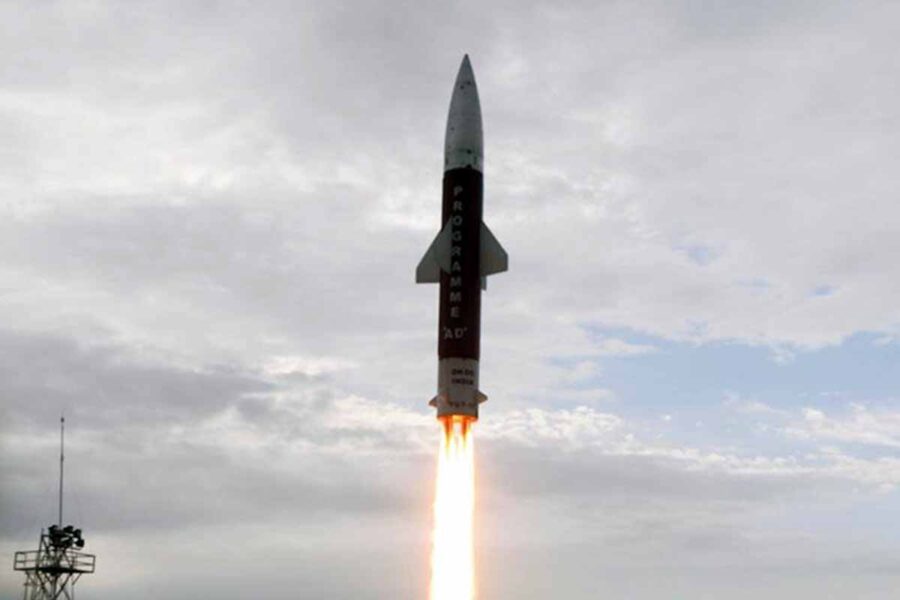
DRDO’s Phase 1 of Anti Ballistic Missile Defense System.
READ: DRDO awards 7 defence contracts to startups
The Phase-II AD Endo-atmospheric missile is an indigenously developed Two Stage solid propelled ground launched missile system meant for neutralising many types of enemy ballistic missile threats in the altitude bracket of endo to low exo-atmospheric regions.
A number of state-of-the-art indigenous technologies developed by various DRDO laboratories have been incorporated in the missile system.
India’s Defence Minister Rajnath Singh hailed the successful test, underlining its importance in safeguarding India’s sovereignty and territorial integrity.
“This achievement is a testament to the relentless efforts of our scientists and engineers,” he said, adding that it reinforces India’s position as a global leader in missile technology.
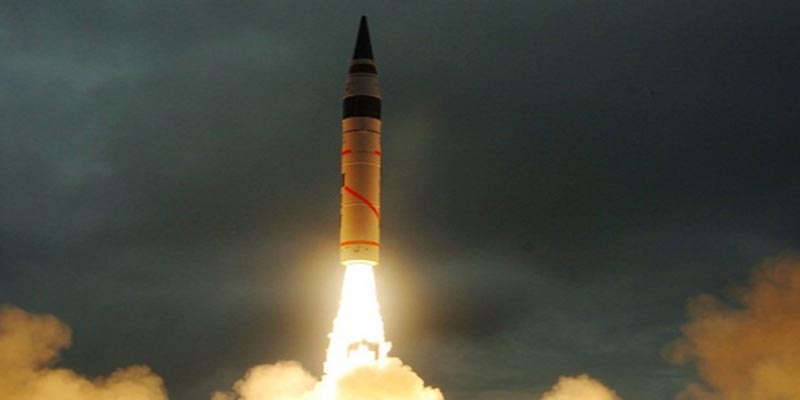
File photo of Agni-5 missile. Photo Courtesy: DRDO.
India’s Ballistic Missile Defence Programme
The successful test of the Phase II ABM system is the culmination of decades of dedicated research and development in India’s ballistic missile programme. Initiated in the 1960s, the programme has witnessed remarkable growth, transforming India into a self-reliant missile power.
The journey began with the development of short-range missiles, primarily for tactical applications. Over the years, India has successfully developed a range of ballistic and cruise missiles, covering various ranges and payloads. The Agni series of ballistic missiles, in particular, has been a cornerstone of India’s strategic deterrence.
The development of ABM technology is a natural progression of India’s missile capabilities.
It underscores the country’s commitment to ensuring its security in an increasingly complex geopolitical environment.
The successful test of the Phase II ABM system is a clear indication of India’s growing prowess in advanced defence technologies.
READ: DRDO unveils Zorawar Light Tank
Successful test of Phase 2 of Anti-Ballistic Missile System
The successful test of the Phase II ABM system has far-reaching implications. It not only enhances India’s deterrence capabilities but also underscores its growing stature as a global defence player.
The achievement comes at a time when the region is witnessing rapid militarisation, making the development of robust defence systems imperative.
Moreover, the successful test is expected to boost confidence in India’s indigenous defence industry. It demonstrates the country’s ability to develop and deploy cutting-edge technologies, reducing reliance on foreign imports.
READ: Defence Ministry funds 77 projects under Technology Development Fund


